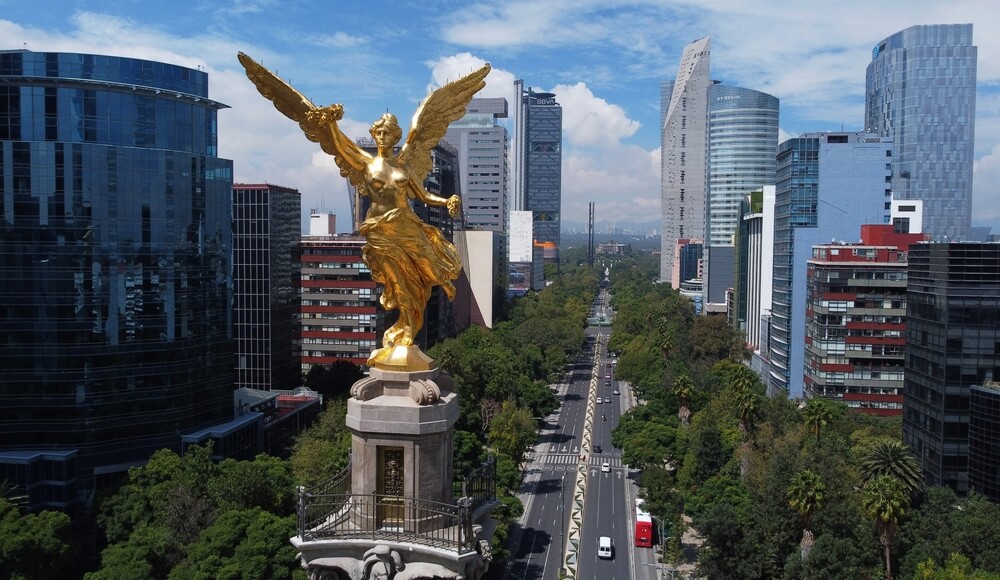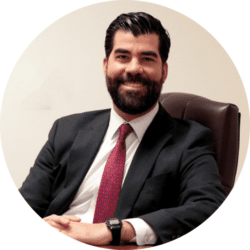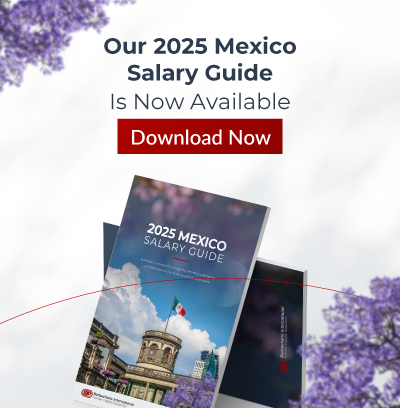
When it comes to managing a multigenerational workforce in Mexico, cultural and social expectations must be taken into account, as well as generational differences. While certain generalizations have been made about each generation, it is important to view employees as individuals and not merely as representatives of a generation. In this article, we will explore the differences and similarities among these generations in the Mexican workforce, and discuss how effective leaders can create a work environment that values diversity, fosters strong relationships, and empowers employees from different age groups to contribute their unique strengths and talents to the organization.
Right now, Mexico, like most countries, has a multigenerational workforce consisting of employees from four primary generations.
- Baby Boomers, who range in age from 58 to 76
- Generation X, ranging from 42 to 57,
- Millennials, sometimes referred to as Generation Y, range from 27 to 41.
- Generation Z, with ages ranging from 11 to 26.
Baby Boomers
In the workplace, the Baby Boomer generation is known for their hard work and goal-driven attitude. They tend to subscribe to traditional, hierarchical structures and prioritize effort and loyalty in their career progression. They are not as flexible with change as younger generations.
Generation X
Gen Xers value independence and individualism, and prioritize a good work/life balance with perks and benefits. They are more informal, flexible, and technologically adept than their Baby Boomer parents, as they grew up during the transition from the analog to the digital age.
Millennials
Millennials prioritize creativity, collaboration, and making a difference in their work. They are technologically savvy, often considered “digital pioneers,” and want to be heard and respected. They are more willing than their predecessors to job-hop to find the right opportunity, paycheck, and company culture.
Generation Z
Currently the youngest members of the workforce, Gen Z individuals have grown up in a world profoundly impacted by social media, the internet, and COVID. They are digital natives with broad perspectives about diversity and work flexibility (remote work, gig work, etc.), but because of the uncertain financial times in which they were raised, they place a high value on practicality and security.
The differences in values and expectations among these generations can pose management challenges. Some employees value being on time and putting in a full eight-hour day, and they might expect promotions based on tenure. Others will take a more flexible approach to time management and expect to move up based on the value they perceive they add, regardless of seniority.
Cultural and Social Expectations
When managing a multigenerational workforce in Mexico, cultural and social expectations must also be taken into account. Mexico is a collectivist culture, which means that the needs of the group, or collective (in this case the business), are emphasized over the needs of the individual. Individuals value their contribution to a group effort, and the company values cooperation and collaboration for the good of the order.
In a multigenerational setting, effective managers in Mexico appeal to this collective value and help individuals see themselves as a valuable part of a greater whole. This sense of belonging appeals to everyone and helps steer later generations’ individualism into productive channels.
Interpersonal relationships
Mexico also highly values strong interpersonal relationships and sees them as a key element of good business. In a multigenerational setting, good managers will find ways to foster a strong sense of connectivity, understanding, and camaraderie among employees of different ages. Reverse mentoring programs can be effective in creating natural, teachable, and innovative moments.
Respect for Authority
Respect for authority is a core Mexican cultural value, which appeals to the Baby Boomer generation, but may be harder for later generations to accept, as they tend to prefer collaboration and innovation. Effective managers should strive to strike the right balance between listening to Millennials’ ideas and following the established decision-making order to earn respect all around.
Diversity
In terms of diversity, Mexico has a diverse population comprising indigenous peoples, those of Spanish descent, immigrants, and also people of African and Asian descent, among others. Women comprise 40.5% of the workforce, and 55% of the workforce is under the age of 25. Leaders must take into account not only age but also factors like cultural background, gender, language, and socio-economic status when developing their management approach.
Diversity, equity, and inclusion (DEI) initiatives must be a large part of their methodology.
In conclusion, managing a multigenerational workforce in Mexico requires a nuanced approach that takes into account cultural and social expectations as well as generational ones. Effective leaders will aim to create a work environment that values diversity, fosters strong relationships, and empowers employees from different age groups to contribute their unique strengths and talents to the organization.

By Octavio Lepe
Executive Vice-President
Octavio is the search practice leader for Executive Management, Sales & Marketing, and D&I in the Americas.
Barbachano International is the premier executive search and leadership advisory firm in the Americas (USA, Mexico, Canada, and Latin America) with a focus on diversity and multicultural target markets. Outplacement, Exe

